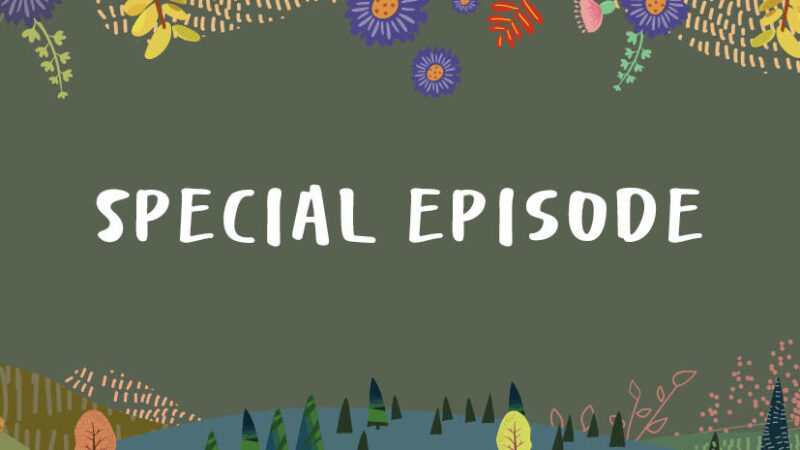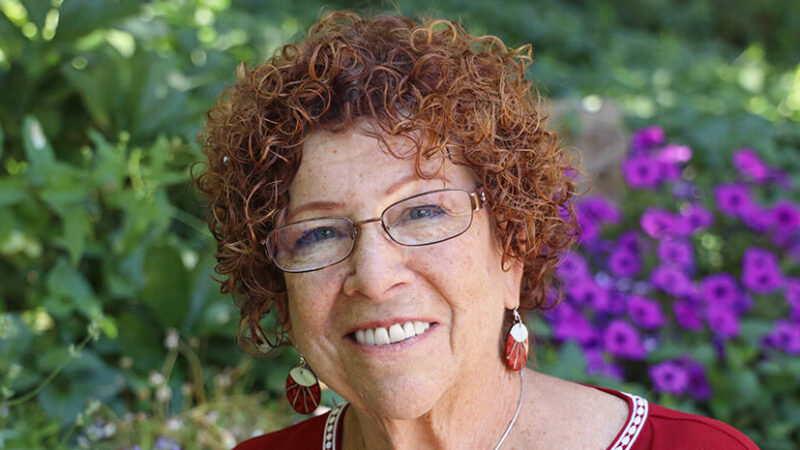Kelley Kosow: The Integrity Advantage
Kelley Kosow is a Certified Master Integrative Life Coach and the entrepreneur behind the popular Go Goddess!™ brand of books, games, and seminars. Today, she is the CEO of The Ford Institute. With Sounds True, she is publishing her first book, The Integrity Advantage: Step into Your Truth, Love Your Life, and Claim Your Magnificence. In this episode of Insights at the Edge, Kelley speaks with Tami Simon about the definition of integrity: what it is, why it isn’t necessarily evenly spread across every aspect of one’s life, and how it arises from our greatest personal truth and vision. They also talk about Kelley’s journey from being focused on future outcomes to one of self-acceptance—a journey facilitated by her mentor, Debbie Ford, that required her to confront and integrate even those parts of herself she considered “negative.” Finally, Tami and Kelley discuss the legacy of Debbie Ford, her death, and why Kelley decided to take up her mentor’s mantle as an Integrative Life Coach. (59 minutes)







